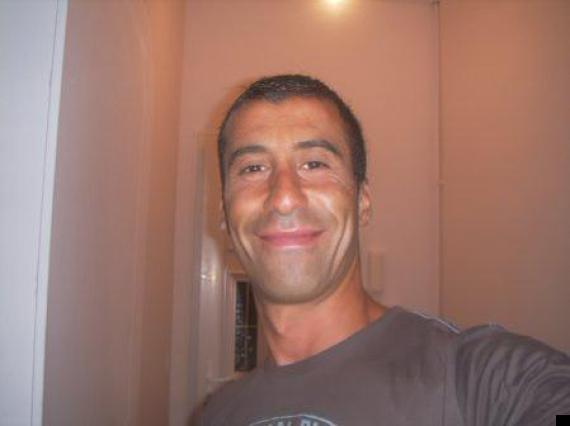With media outlets looking for a new angle on the French attacks, Dr Cusack’s thoughtful piece on the ethics involved in representing violent deaths in the news seem to have struck a chord. At least 9 publications have reproduced quotes from ‘Death is the ultimate intimacy’, which was written for Huffington Post.
In the article Dr Cusack, a stipendiary fellow at the Institute of Latin American Studies, gives his views on the publication online of a video showing the moment French officer Ahmed Merabet was shot in cold blood by the Charlie Hebdo killers. He argues that although on one level, he believes ‘people need to be faced with brutal realities in order to make informed decisions about condemning or condoning them’, he ‘did not choose to witness Ahmed Merabet’s murder. It was shown to me’.
Dr Cusack explained that although Ahmed Merabet’s death is not the first he has witnessed on screen, it has troubled him in ways that other deaths have not. He said: ‘Warnings of “distressing scenes” have it backwards. This is not about us as viewers. It’s about him as a human being.’ And in his opinion, the media should not have shown the video, because it ‘demonstrates a man diminished’ and has stripped him of his dignity.
To balance his argument, Dr Cusack highlighted another public death – that of Peter Smedley in Terry Pratchett’s 2012 Choosing to Die documentary on euthanasia. The difference between the two videos said Dr Cusack is, ‘Rather than being diminished by a lack of control, Peter is ennobled by the defiance of nature’s arbitrary cruelty that is inherent in his choice to die in circumstances of his own choosing. Not only that, he has allowed it to be filmed and screened so that others might learn from it. Ahmed did not choose to die, nor in those circumstances, and he had no knowledge that his death would be public.’
Read the full article here.

